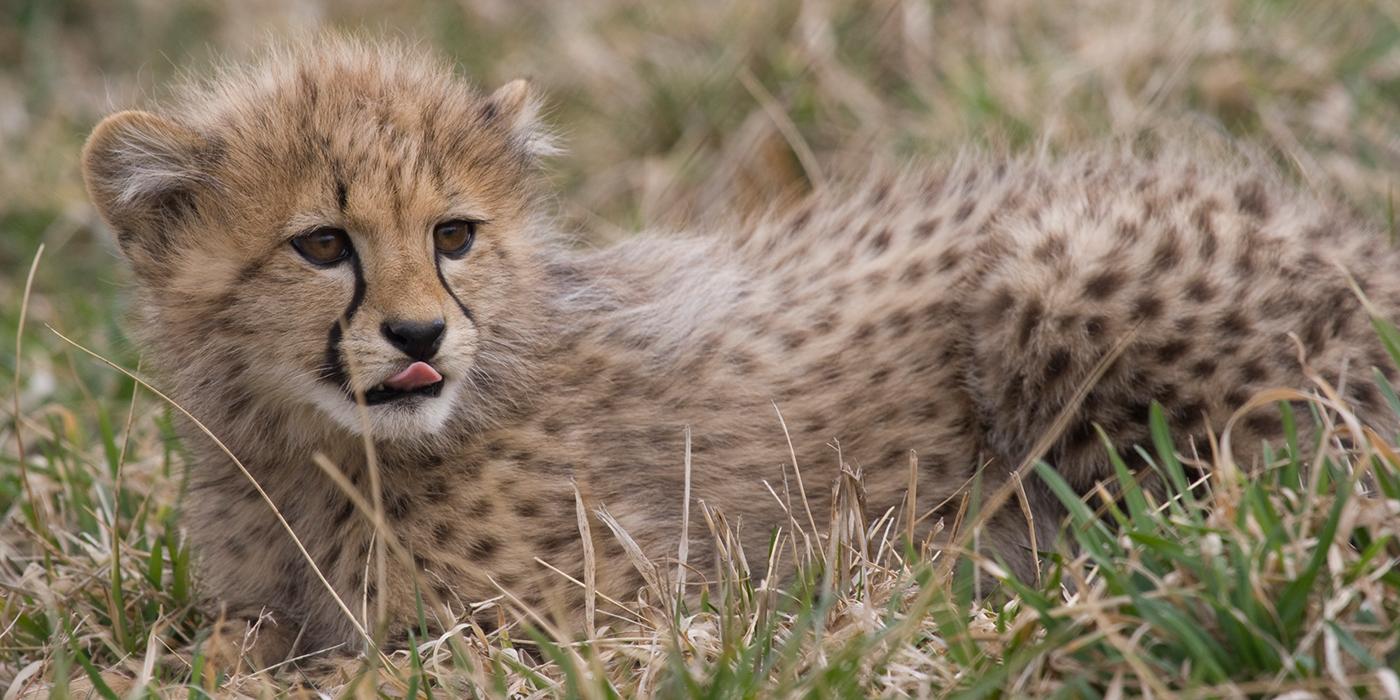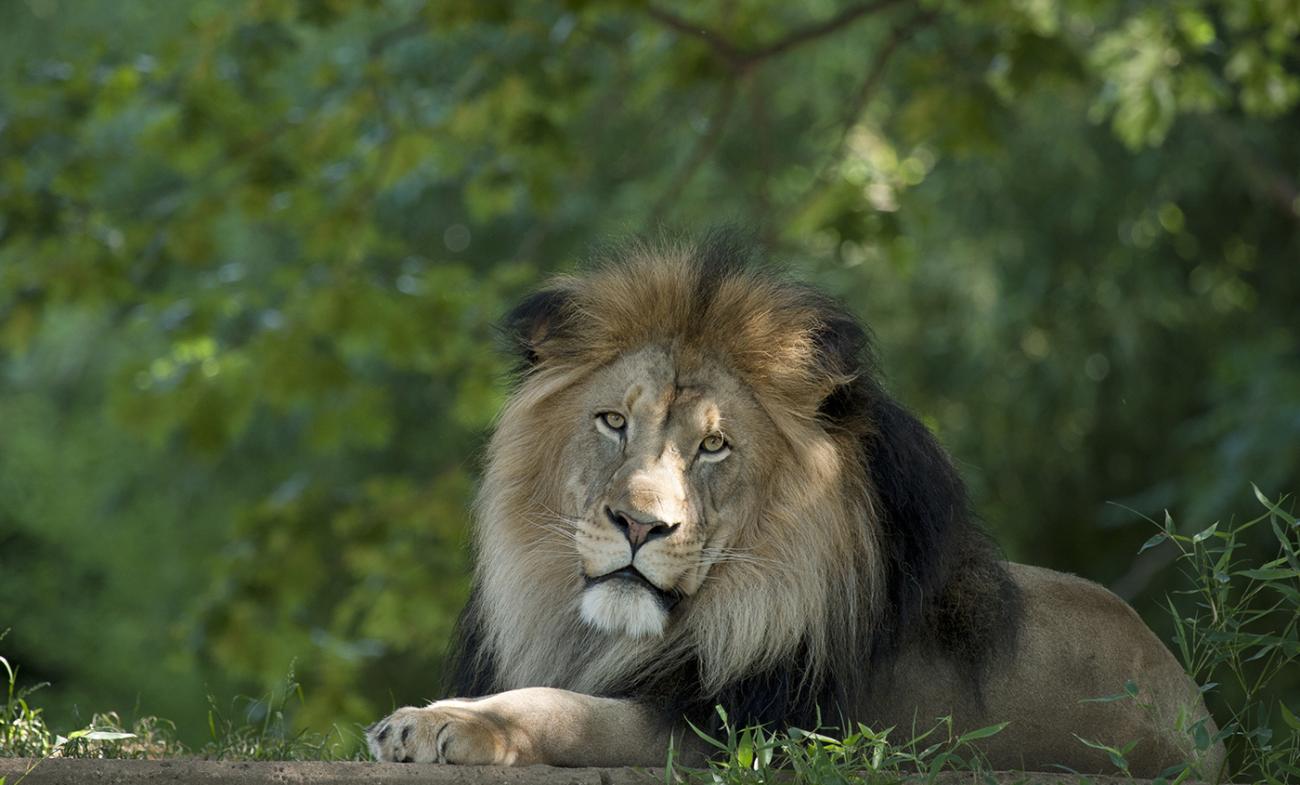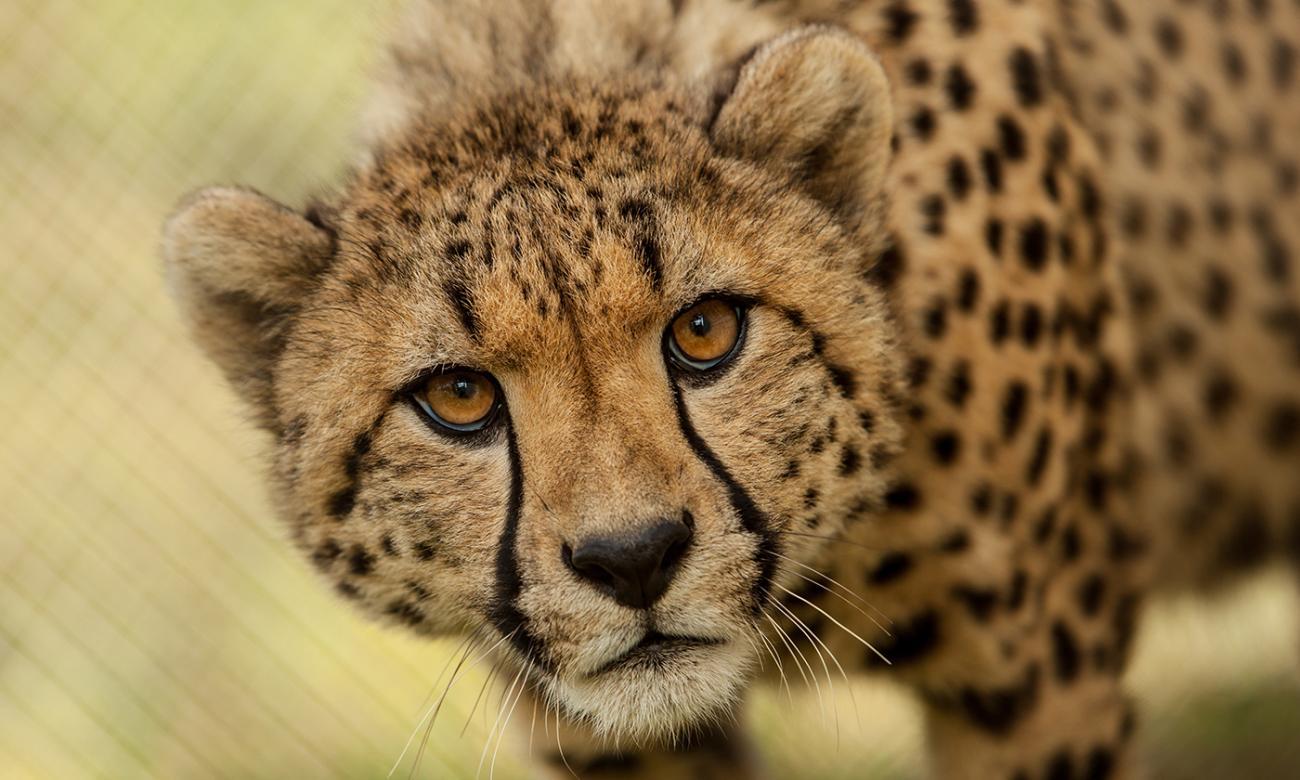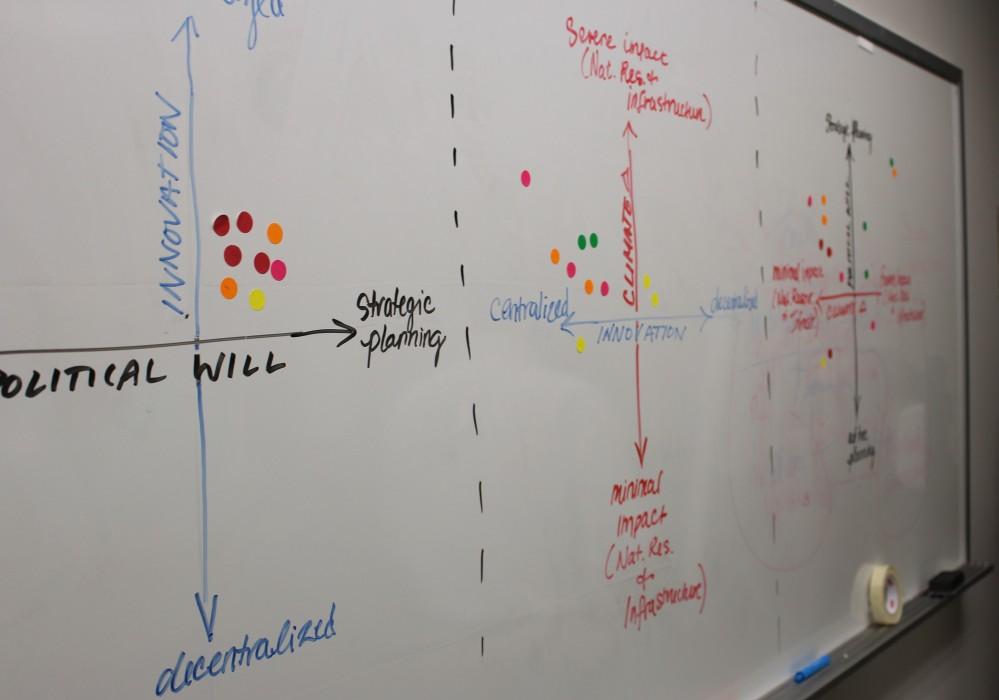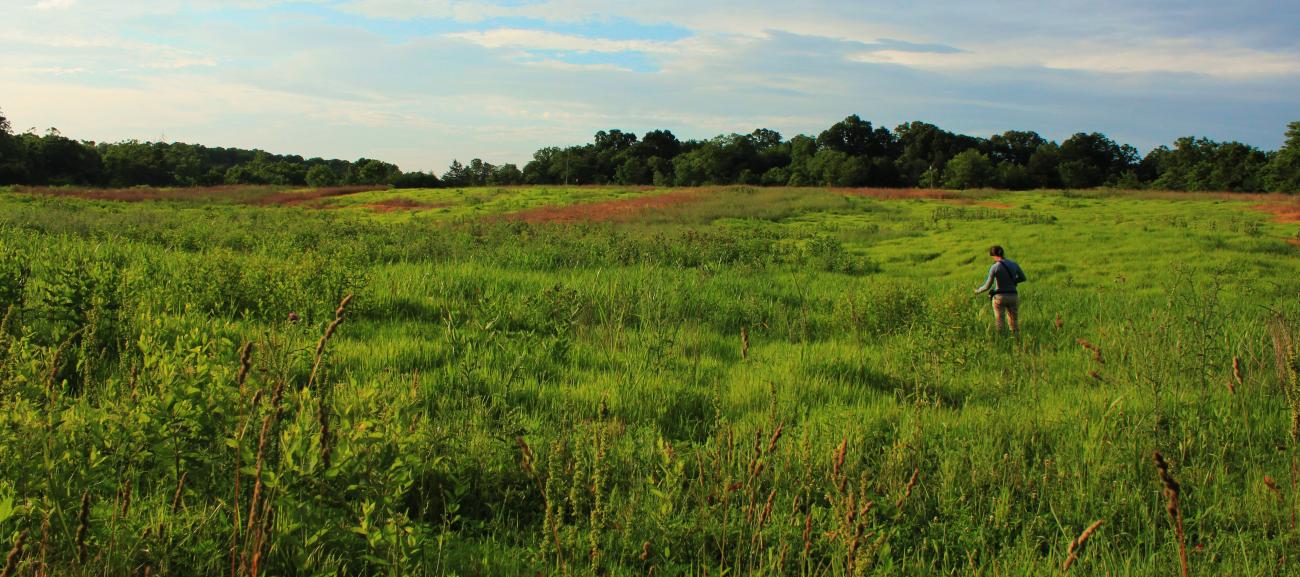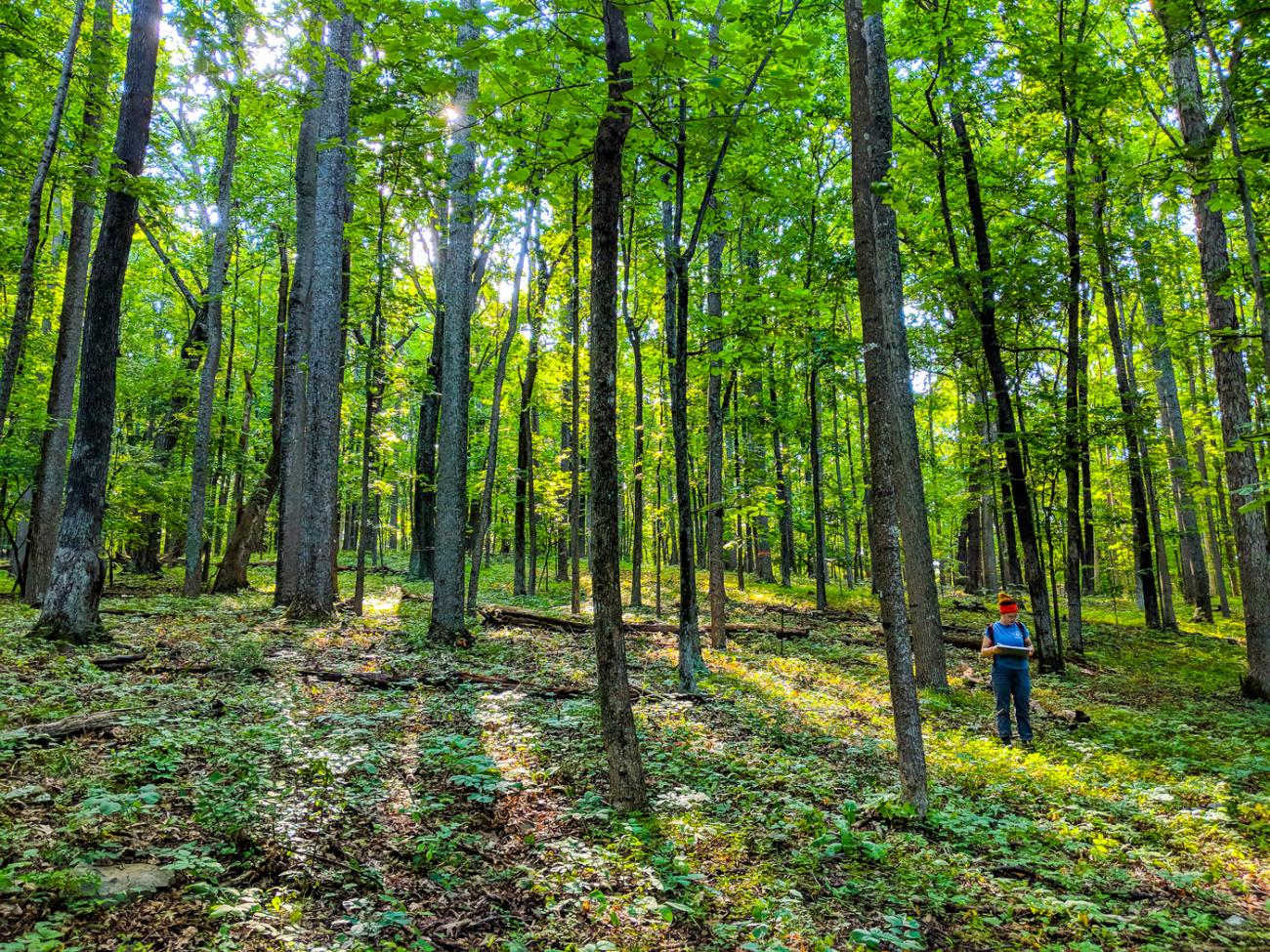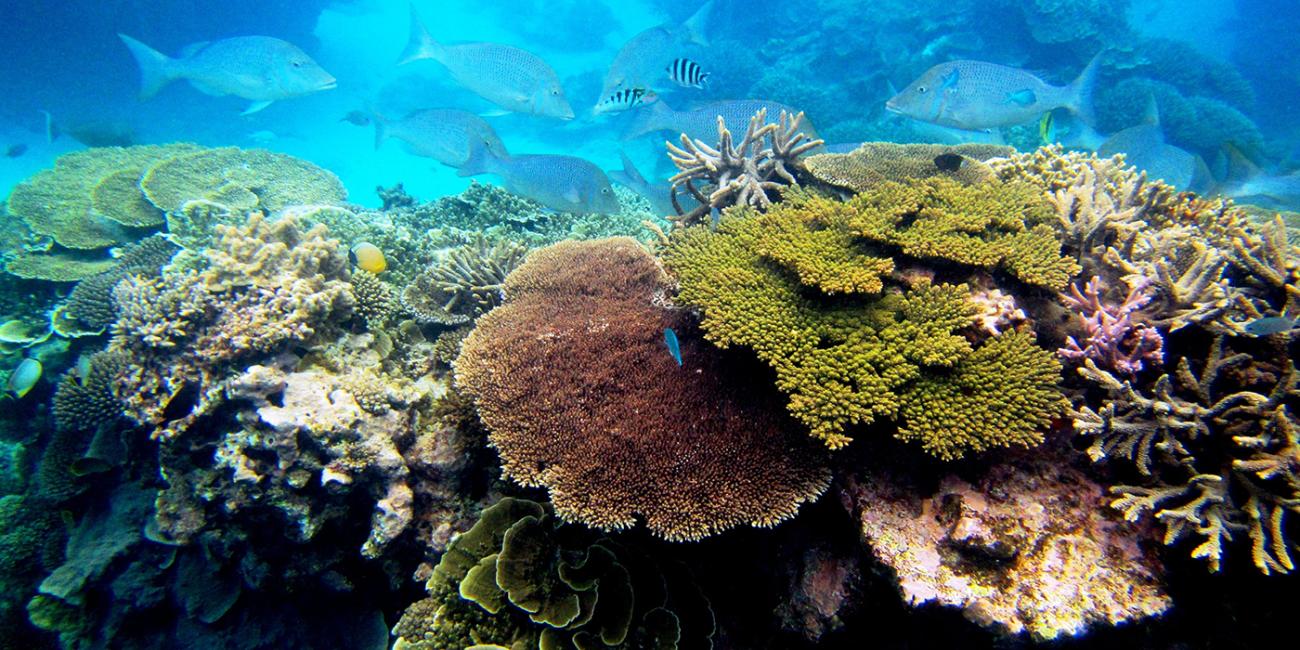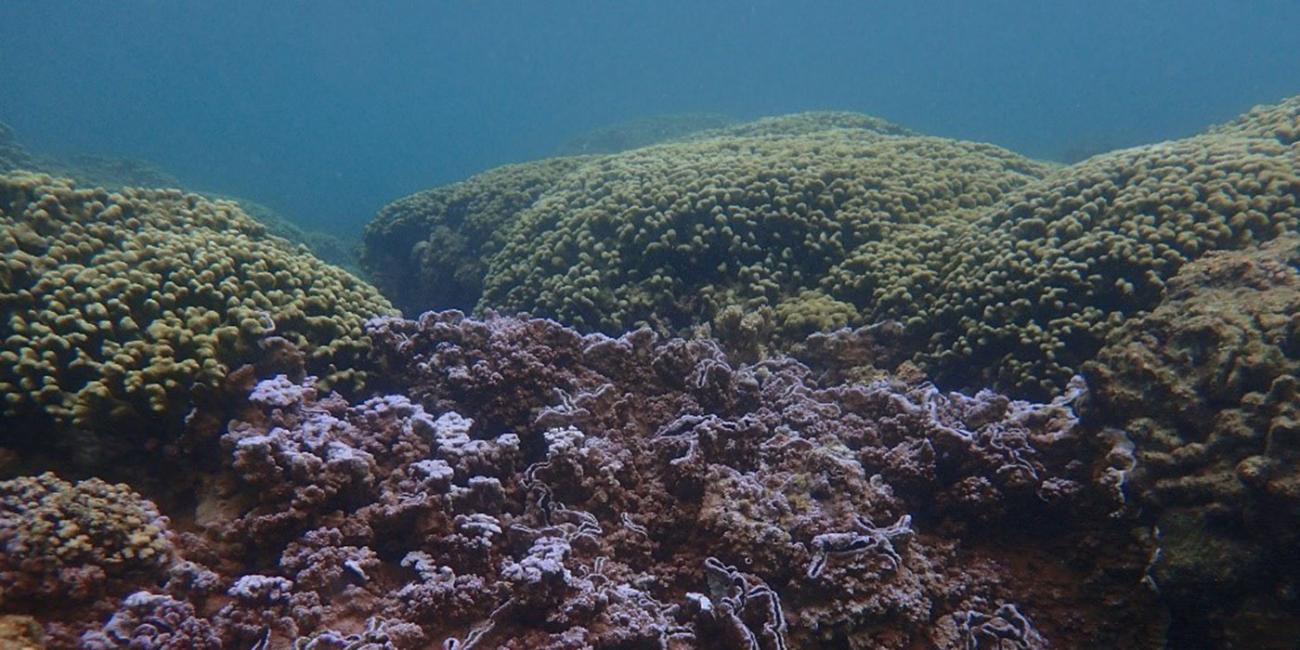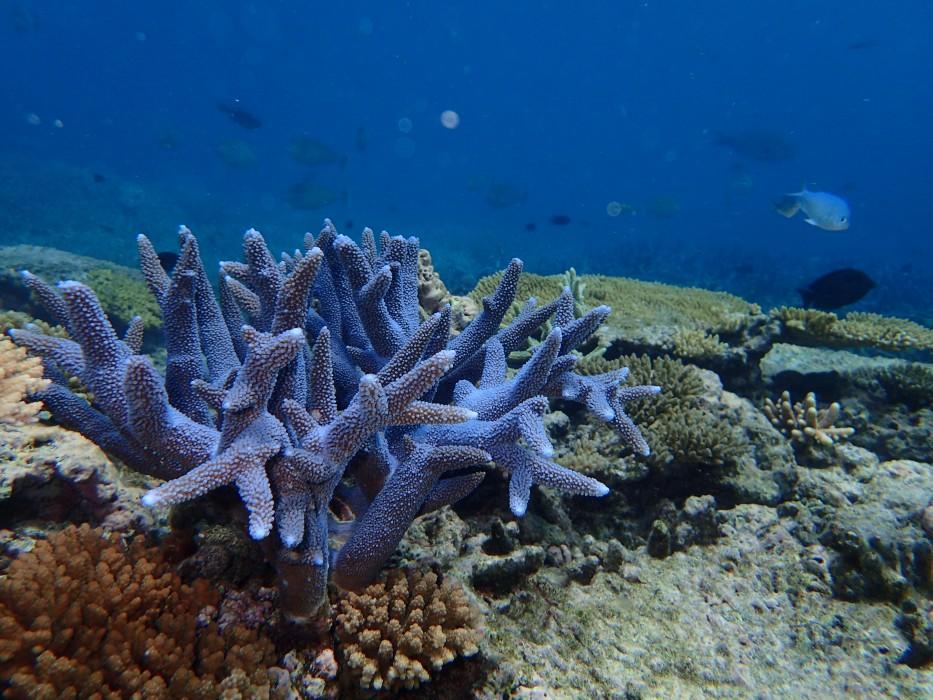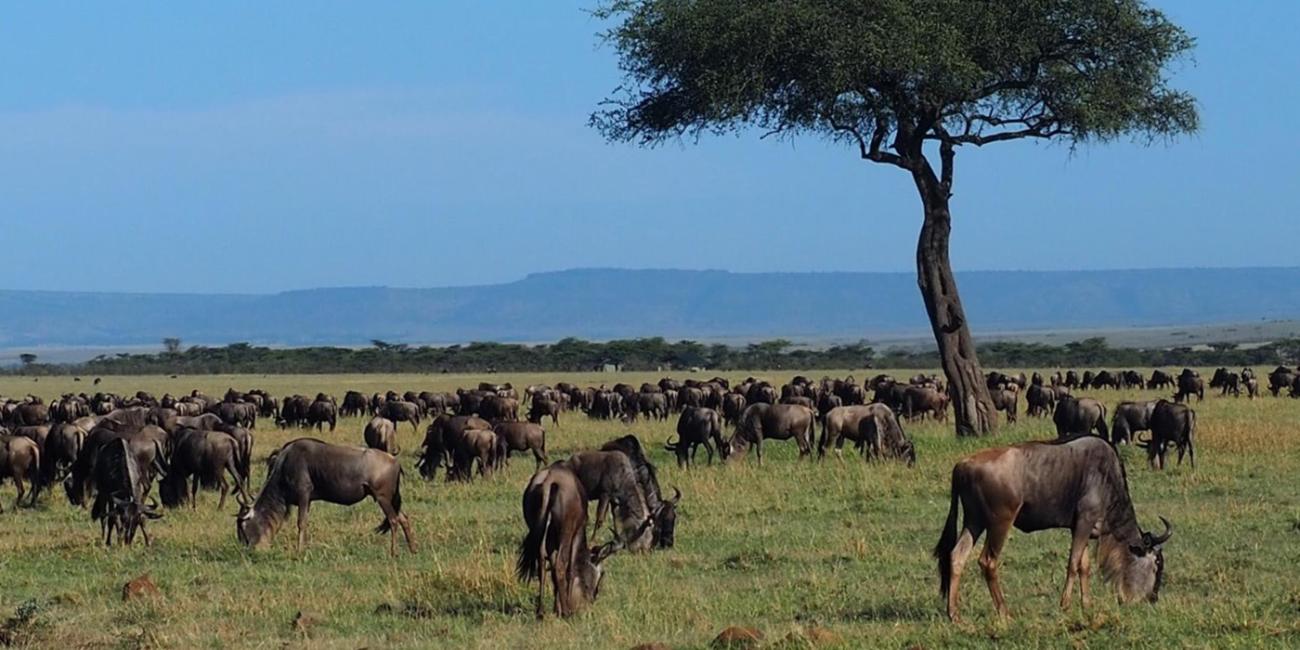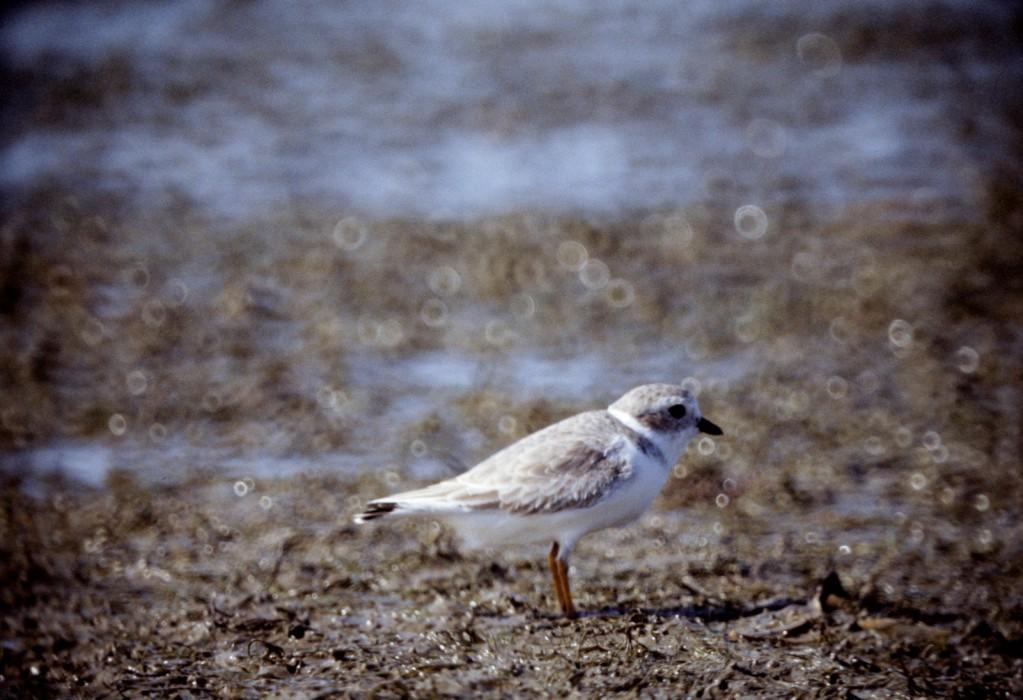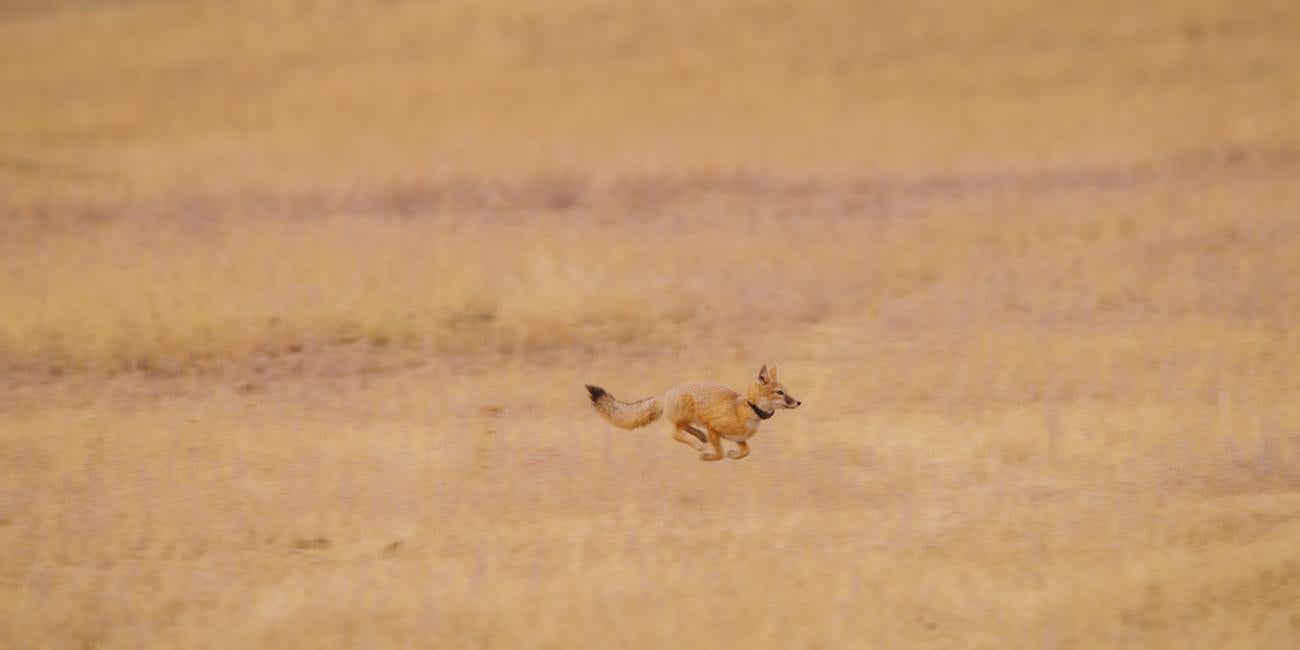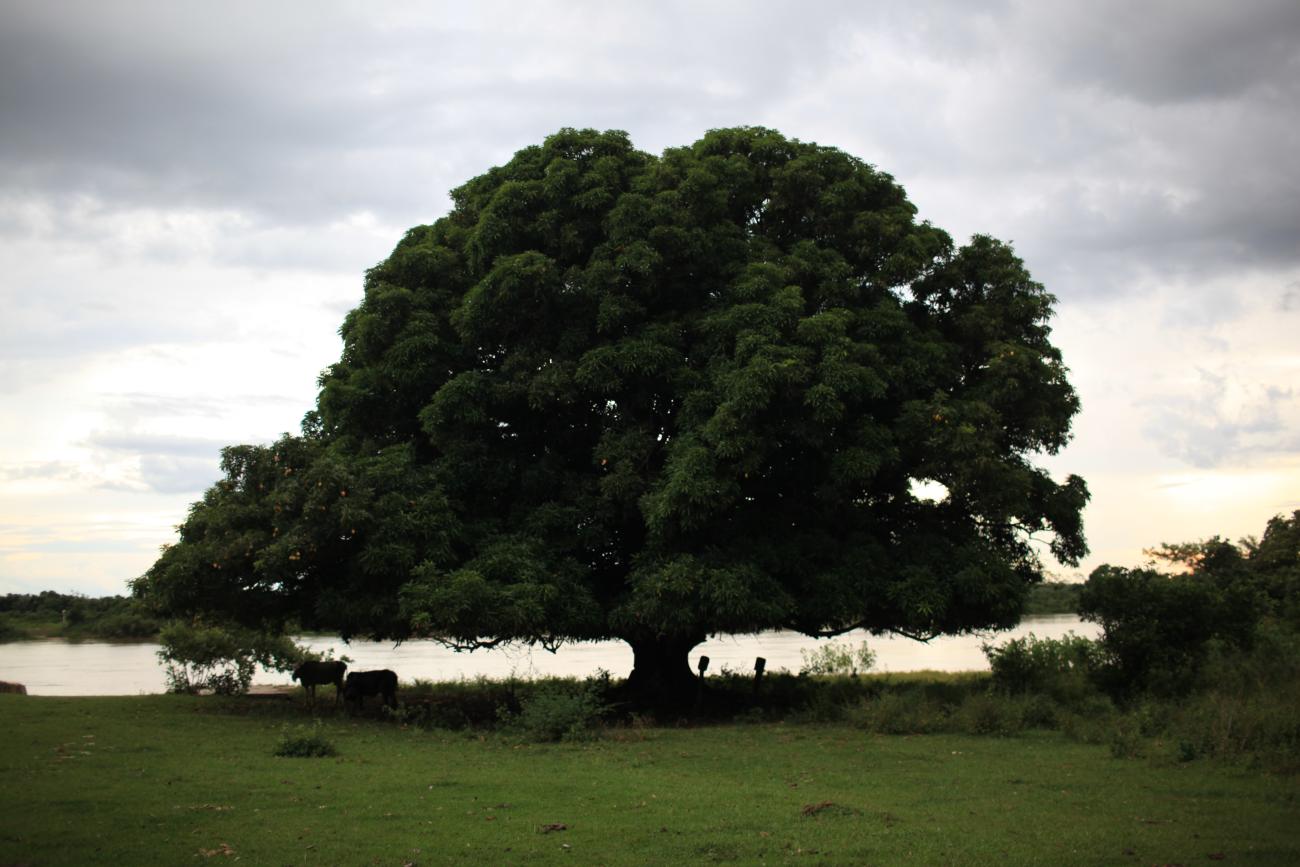Lion and Cheetah Genetic Health in Kenya
A partnership with the Global Health Program, Smithsonian Conservation Biology Institute’s Genetics Lab, Kenya Wildlife Trust, Kenya Wildlife Services and local stakeholders has been established to build a foundation to properly investigate carnivore genetics, population health and conservation management in the Maasai Mara region of Kenya.
The initial project included sampling lions and cheetahs in the Maasai Mara region to look at genetic relatedness and variability within the population, so researchers can understand how long-term pressures on prey availability and land conservation have affected these charismatic species.
A major emphasis is placed on mentoring and building long-term, person-to-person relationships among conservation professionals and leaders with the responsibility of managing Kenya's wildlife.
This research is made possible by a grant from the BAND Foundation.
